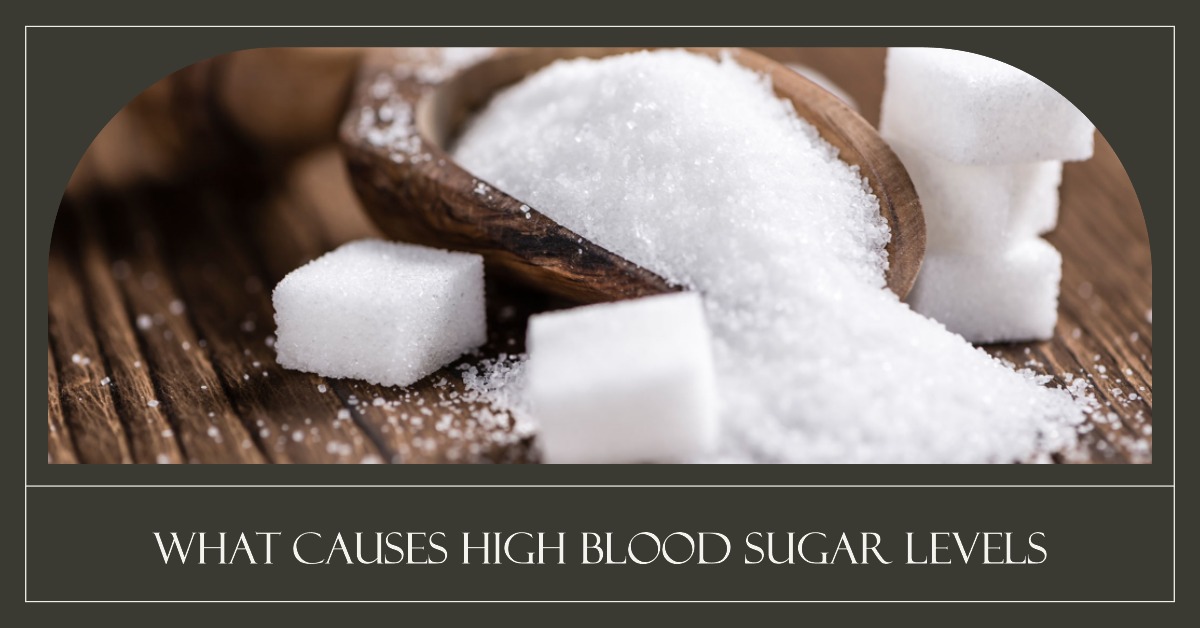
The Cause Of High Blood Sugar Levels
In the quest to maintain optimal health, understanding the factors affecting our bodies is crucial. One essential aspect of this is recognizing what causes high blood sugar levels, also known as hyperglycemia. High blood sugar levels can occur due to various reasons, from lifestyle choices like diet and inactivity to certain medical conditions such as diabetes.
This article explores the main factors causing high blood sugar levels and how they interact with our body’s functions. By understanding these triggers, we can take active steps toward better health management and disease prevention.
High blood sugar, also known as hyperglycemia, can be caused by several factors. Here are some of the most common:
Diabetes
The most common cause of high blood sugar levels is Diabetes. People with diabetes either do not produce enough insulin (Type 1 diabetes) or their bodies do not respond properly to insulin (Type 2 diabetes).
Insulin is the hormone that helps your body use or store sugar (glucose) it gets from food. Without enough effective insulin, glucose builds up in the bloodstream.
Diet
Consuming large quantities of foods high in carbohydrates or sugars, especially without adequate physical activity, can lead to high blood sugar levels. This is related to your Diet.
Physical inactivity
Regular physical activity helps control the amount of glucose in the bloodstream by helping your body use it for energy. Lack of this activity, or Physical inactivity, can contribute to high blood sugar.
Stress
Stress can trigger the release of various hormones that can elevate blood sugar levels.
Illness or infection
During illness, the body produces stress-related hormones that help fight illness but can also raise your blood sugar levels. This is often seen during an Illness or infection.
Certain medications
Some drugs, such as steroids and some high blood pressure medications, can elevate blood sugar levels.
Insufficient insulin or oral hypoglycemic intake
For individuals with diabetes who take insulin or oral hypoglycemic drugs, missing doses or not taking enough can result in high blood sugar. This is known as Insufficient insulin or oral hypoglycemic intake.
Insulin resistance
This condition, often a precursor to type 2 diabetes, occurs when the body’s cells become resistant to the effects of insulin. This is known as Insulin resistance.
It’s important to note that persistent high blood sugar levels can lead to serious complications such as heart disease, stroke, kidney disease, vision problems, and nerve damage.
Therefore, if you have persistent high blood sugar, it’s important to seek medical attention.



